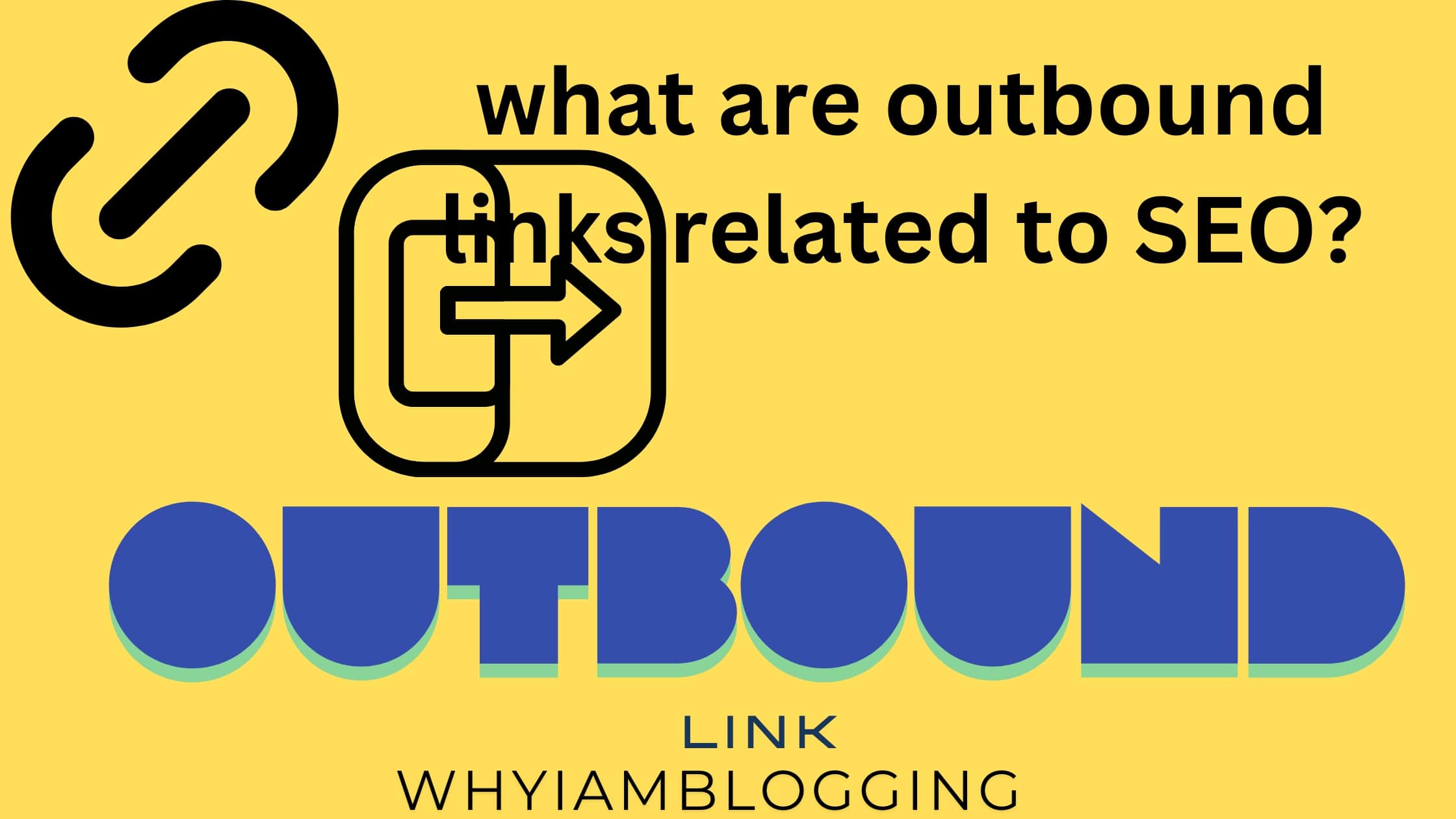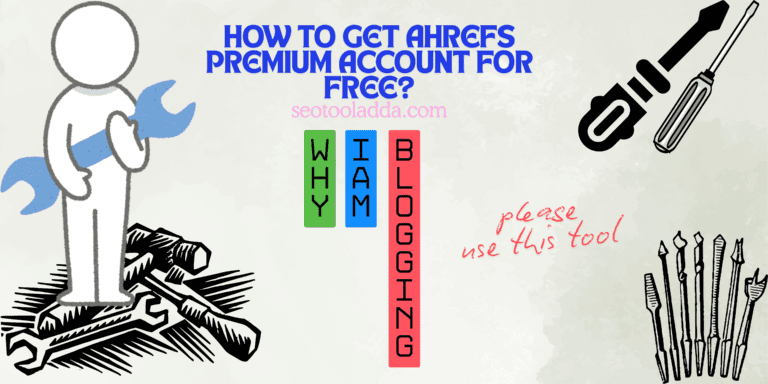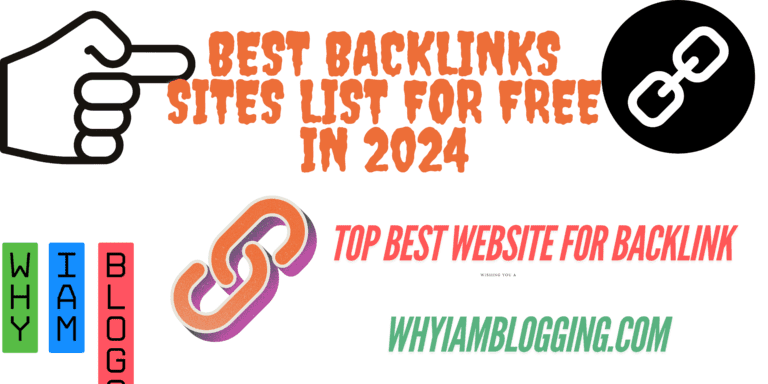In the world of digital marketing, the nuances of content strategy can make a significant difference in how your website ranks and engages with visitors. One key aspect of this strategy is the use of outbound links. These are hyperlinks that direct users away from your website to another source, typically an external site. While some might view outbound links as a diversion, they can actually enhance your content strategy when used effectively. In this ultimate guide, we’ll explore the why and how of leveraging outbound links in your digital marketing efforts. what are outbound links related to SEO?
Why Use Outbound Links?
Credibility and Trust:
Linking to reputable sources enhances the credibility of your content. When you provide information supported by authority sites, it increases trust in your own content, making readers more likely to return.
Improved SEO:
While it may seem counterintuitive, links can improve your search engine optimization (SEO). Google rewards sites that provide well-researched, valuable information, and link to authoritative sources can contribute to this.
Enhanced User Experience:
Outbound links can provide additional value to your readers by allowing them to explore related topics or gather more detailed information on the subject.
Relationship Building:
By linking to other websites, especially within your industry, you can foster relationships with those sites. This could lead to collaborative opportunities down the line, such as guest blogging or social media sharing.
Rich Content:
Outbound links can make your content richer and more informative. They show that you’ve done thorough research, making your articles more engaging and useful.
How to Use Outbound Links Effectively
Choose Relevant Links:
Only link to websites and sources that are relevant to your content. Ensure that the information you provide is aligned with your article and important to your audience.
Link to Authoritative Sources:
Opt for linking to sites with established authority, such as reputable news outlets, educational institutions, or well-known industry leaders. This builds trust and credibility for your content.
Use Descriptive Anchor Text:
When linking to another site, use descriptive anchor text that contextually explains what the reader can expect if they click on the link. Aim for quality over quantity and only link out when it adds true value.
Open Links in a New Tab:
When you want to keep users on your site while allowing them to explore other resources, set outbound links to open in a new tab. This way, they won’t leave your site entirely but still have access to additional information.
Check for Broken Links Regularly:
Broken outbound links can frustrate users and hamper your site’s credibility. Regularly review your content to ensure all outbound links are functional and lead to relevant, up-to-date information.
Consider No Follow Links:
If you’re linking to sites that you don’t necessarily endorse or if you’re concerned about SEO implications, consider using the “no follow” attribute. This tells search engines not to pass authority to the linked page, which can be useful in certain situations.
Conclusion
Can be powerful tools in your digital marketing arsenal when used strategically. They can enhance the reputation of your content, improve SEO performance, and create a better experience for your users. By understanding how to implement outbound links effectively, you can not only build credibility and trust with your audience but also position your content as a valuable resource in your industry. So, start linking out and watch your digital presence grow!







